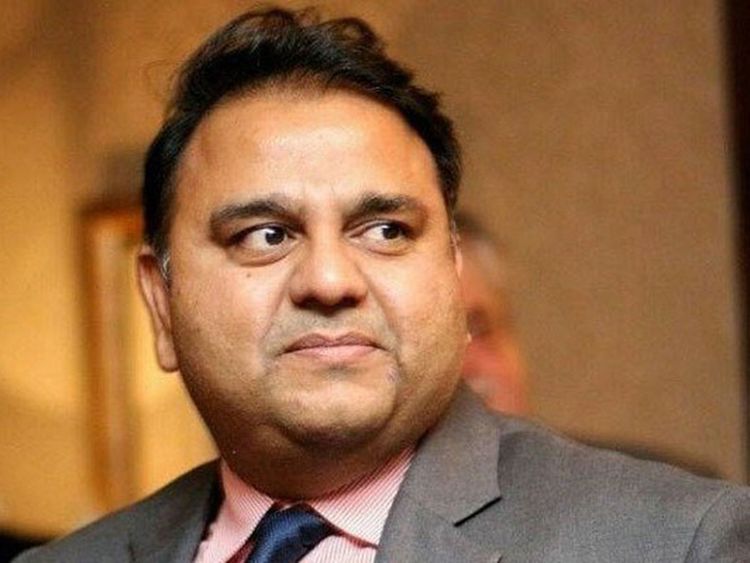Scores of politicians quit Imran Khan's party
The former prime minister accuses the government and the military of putting pressure on Pakistani Tehreek-e Insaf members. The defence minister suggests banning the party over the violent protests that broke out on 9 May. In the meantime, the issues that should be central in the campaign for the October elections are being sidelined.
Islamabad (AsiaNews) – Scores of leading members of the Pakistan Tehreek-e Insaf (Pakistan Justice Movement or PTI) have left the party amid government attempts to restore order after violent protests broke out on 9 May following the arrest of former Prime Minister Imran Khan.
“I have decided to take a break from politics, therefore, I have resigned from party position and [I’m] parting ways from Imran Khan,” Chaudhry twitted yesterday.
A few hours later, PTI secretary general Asad Umar announced his resignation, adding, however, that he was staying in the party.
“In view of the events of May 9, it is untenable for me to continue in party’s leadership position so I am resigning from the post of secretary general and my membership of core committee,” Umar said at a press conference held in the capital Islamabad right after he was released from two weeks in jail.
On Tuesday, former of Human Rights Minister Shireen Mazari condemned the violence and announced her decision to retire from politics. After her first arrest on 12 May, she was detained several times.
“The constant release and arrest and the ordeal it put my daughter Imaan under had an impact on my health, too,” Mazari said. “Due to these reasons, I have decided I will quit active politics. And I want to add that from today onwards, I will not be a part of PTI or any other political party”.
Other local party officials also quit, slamming the violence on 9 May, saying that their decision was not made under pressure.
In a stinging tweet, Imran Khan accused the government of causing party members to jump ship. “We had all heard about forced marriages in Pakistan but for PTI a new phenomenon has emerged, forced divorces,” Khan wrote.
For the former cricket captain, the Chief of Army Staff, General Asim Munir, ordered his arrest in order to get rid of him.
Since he lost the confidence of parliament in April last year, Imran Khan has repeatedly criticised the military and the current government, accusing them of trying to kill him after he was shot in the leg during a rally in November.
Over the past few weeks, PTI supporters have stormed military facilities and several government buildings, calling for the former prime minister's release.
For its part, the government is continuing its crackdown. Some local police departments, for example, have sent the names of hundreds PTI members to the federal government so that they could be placed under travel restrictions to prevent them from leaving the country.
In Punjab and Khyber Pakhtunkhwa, police teams have been set up to arrest PTI leaders and activists. The PTI is in a good position of winning in upcoming provincial elections in both provinces.
Imran Khan is instead facing scores of charges in connection with his time in office as prime minister.
Khan was released after Pakistan’s Supreme Court intervened, trying to keep a modicum of rule of law, at a time when the political situation is becoming increasingly volatile.
Defence Minister Khawaja Asif said that the government might ban the PTI, a step that could widen the gulf between Imran Khan and the military establishment.
For some observers, federal elections in October could provide an opportunity for the country to restart if the Pakistani military decided to step aside.
The current crisis looks in fact like a repeat of a not-so-distant past when the country was ruled by generals for some three decades. And even when they stepped aside, they continued to pull the strings from behind.
All this has pushed into the back burner several issues that should be central to the election campaign, most notably the economy with inflation running at 35 per cent while the value of the rupee is tanking.
Pakistan is very close to collapse and at risk of default on its foreign debt, while terrorism is making a comeback in some parts of the country. Last but not least, the regions affected by floods last summer are still in need of aid a year later.
03/11/2022 16:56
01/10/2022 12:00
03/10/2007







.png)










